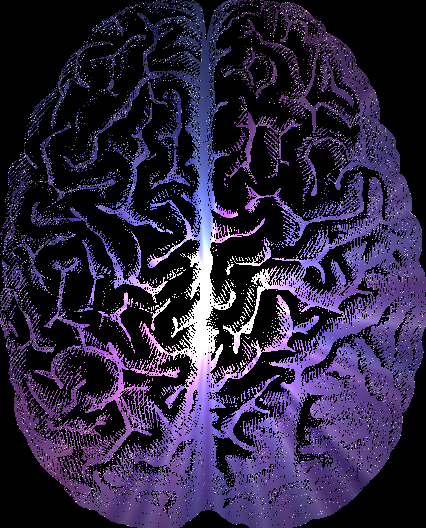Nano-MRI backed
 Government funding is fast-tracking development of a new technology to precisely image aggressive brain cancers and guide treatment.
Government funding is fast-tracking development of a new technology to precisely image aggressive brain cancers and guide treatment.
The new technology is being developed by the University of South Australia and Australian cancer diagnostic company, Ferronova, and could potentially help thousands of people who are diagnosed with brain cancer each year.
The novel MRI nanotechnology targets a specific marker that is found in more than 90 per cent of solid tumours, including high-grade brain cancers.
In 2021, there were 1,896 new diagnoses of brain cancer (1,191 males and 725 females). Glioblastoma is the most common brain malignancy with a five-year survival rate of only 5 per cent.
Already yielding promising preclinical results in a prostate cancer model, the FerroTrace MRI technology has potential to have a significant impact on aggressive brain cancers.
New funding from a REDI Fellowship has been announced by Health Minister Greg Hunt MP, which will progress the technology towards a first in-human trial.
“This research will advance a cutting-edge imaging technology … to more accurately image and therefore treat brain tumours with no additional neurotoxicity,” says UniSA’s Dr Nicole Dmochowska.
The research will streamline preclinical validations for the technology for brain tumours, in preparation for a phase 1 clinical trial.








 Print
Print